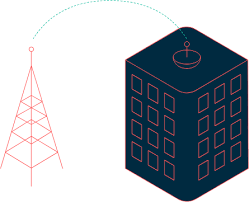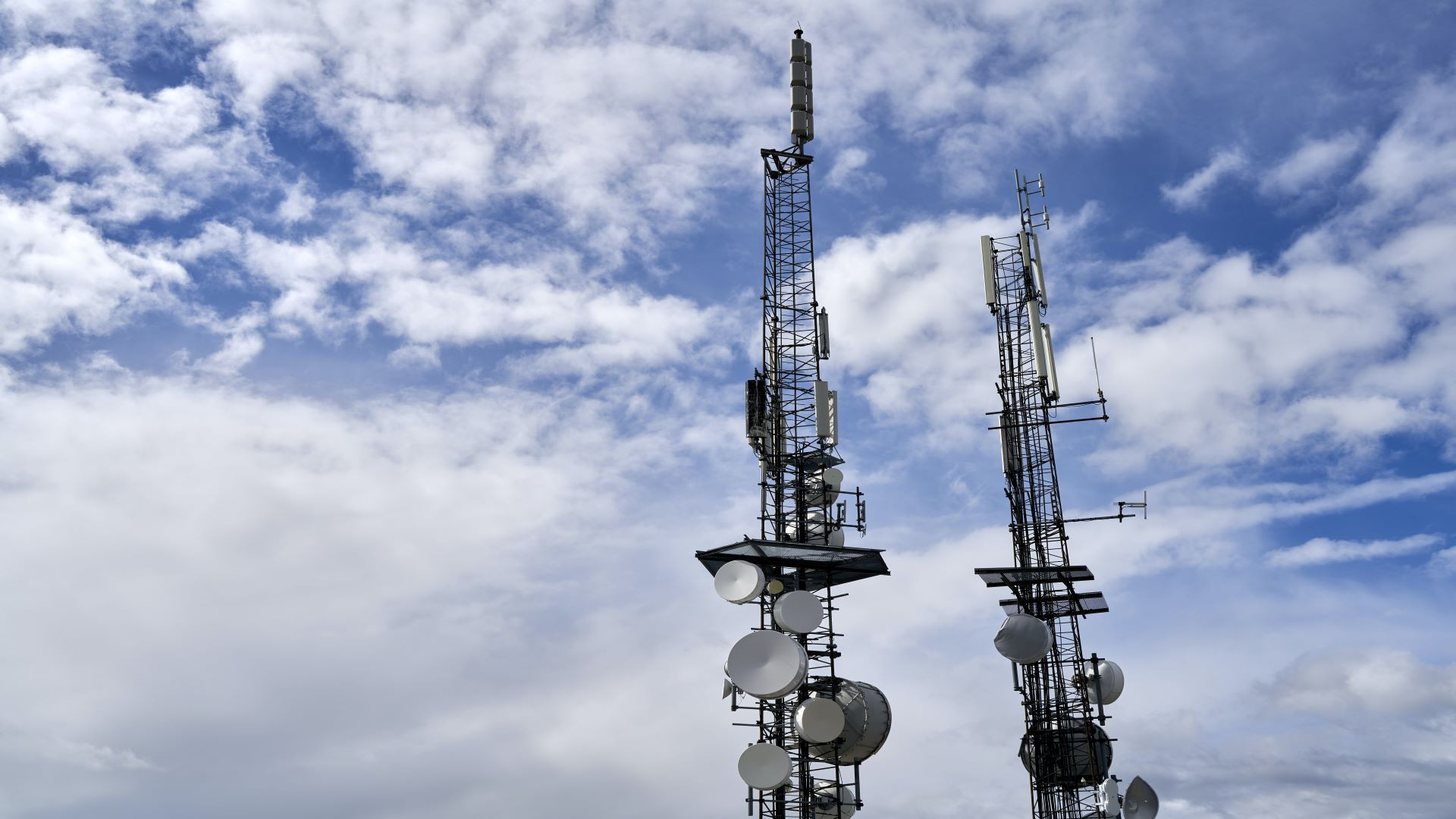The Federal Communications Commission or the FCC oversees the United States rules in reference to radio use. Recently, the FCC approved several petitions posed to them. On August 17, 2021, the FCC approved petitions from Cobra, Motorola, and Medtronic; the approvals will certainly have an impact on communications technology and the surrounding community going forward.
Read this article to become informed on the changes these prominent companies influenced the FCC to make within the communications industry.
The FCC:
The Federal Communications Commission issued a new ruling for the Personal Radio Services as follows:
“The Personal Radio Services governed by Part 95 includes various short-range, low-power services, with operation authorized by rule rather than by individual license”1
Throughout Part 95, the FCC essentially outlines rules that personal radio users need to follow to get rid of the need for any licenses. Unfortunately, many of the rules outlined were considered outdated or misrepresented by prominent companies related to the communications industry.
Cobra, Motorola, and Medtronic decided to come to the FCC with petitions to make a variety of changes and additions to Part 95. Below, we break down each company request and if the petition was granted.

Photo source: fauxels on Pexels.com
Who is asking for changes and why:
Cobra:
Cobra, a prominent critical communications technology company, is one of the organizations that petitioned to make changes to Part 95 of the FCC’s rulings. Cobra is a top producer of CB radios. Therefore, they petitioned for the FCC to allow frequency modulation as an “optional modulation scheme in the CB Radio Service”1.
CB or citizens band radios are not used often anymore; however, they remain integral for specific industries. For instance, long-haul drivers and highway patrol workers tend to rely on CB radios because they can work in remote areas with low signals.
Cobra is requesting the FCC to allow CB radio users to access both AM and FM. “Cobra and others suggest that an FM option will benefit the CB radio user—both professional and recreational—in that it will provide better quality and clarity of communications”1.

Photo source: 500photos.com on Pexels.com
Adding an FM option for CB radio users can prove to be extremely beneficial for a variety of reasons. For instance, this addition makes CB radios more useful and closer aligned to amateur or ham radios. Those who are interested in purchasing a ham radio, with the addition of FM communication, may be more inclined to purchase a CB radio because it does not require an operating license.
The FCC approved Cobra’s petition and amended Section 95 to state that CB radio users can “transmit FM voice emissions along with AM”1. An emission designator is a code associated with a frequency that gives information about the frequency’s bandwidth and the nature of the signal on the frequency.
For scanner users, it can be useful for determining whether a frequency is analog or digital, and even whether the frequency transmits voice and/or data. This is beneficial for CB radio users because it expands the usage of the radio itself. Adding FM voice emissions brings CB radios closer to a ham radio’s abilities without the bells and whistles.
The passing of Cobra’s petition is beneficial to CB radio users since they are able to communicate UHF FM channels which provide superior audio clarity and reduce interference issues that may be present with AM CB radio channels.
Motorola:
Motorola, another prominent production company in the critical communications community, also had issues with the FCC’s new rulings. Motorola petitioned for the commission “to allow automatic or periodic location and data transmissions on GMRS and FRS frequencies”1.
GMRS or general mobile radio service and FRS or family radio service are radios used for emergency purposes and to stay in contact with close-range individuals. Motorola, a manufacturer of these radios, wants GMRS and FRS radios to legally be able to do more things, specifically, send consistent location data and text messages.
The FCC originally ruled against this petition because they felt the extra data transfers would create interference problems. Motorola persisted and contested this ruling to go on to claim that the change will enhance public safety.
This change will improve public safety because it will allow for almost real-time tracking, which is beneficial for backpackers, hunters, skiers, and more. After Motorola’s repetition on September 28th, 2017, the FCC decided to grant Motorola’s petition.

Photo source: Votsis Panagiotis on Pexels.com
Users will benefit from this approval because they will be able to utilize GMRS and FRS devices like walkie-talkies, and headsets with built-in radios to be able to improve communications. GMRS and FRS devices will be developed in the future with the ability to be able to text message and receive live GPS tracking of other users.
Medtronic:
Medtronic, like Cobra and Motorola, is prominent within its assigned industry. Medtronic is a global leader in medical technology. Although its petition is less impactful to all radio users, it still shows how they have an influence on the FCC.
Medtronic petitioned for the FCC to fix typos and “rule changes that inadvertently altered the substance of the Medical Device Radiocommunications Service (MedRadio) rules”1. The FCC granted Medtronic’s petition by redefining certain terms and rewrote portions to match the language of other rules already set for Medtronics.
Big Corporation’s Influence on the FCC:
Cobra, a top CB radio manufacturer, Motorola, a top telecommunications company, and Medtronic, a “global leader in medical technology, services, and solutions” are all companies at the top of their respective industry.
Each of these organizations has extreme influence over the FCC and the communications industry. Why? The simple answer—they are the providers. These companies know what the critical communications communities are looking for so they can bring these inquiries and requests to the FCC with the power of influence.
How will these petitions impact the communications community—explained:
Due to the above petitions, CB radios will be more desirable because they will be legally allowed to access more frequencies. This positive impact will lead to more customers for Cobra CB radios.
Moreover, the petition by Motorola will allow for GMRS and FRS radios to receive text messages and automatically send location data every 30 seconds. This addition is beneficial for those in emergency rescue for it cuts out the need for the person who is lost to manually enter their location and risk making a mistake. Consequently, just like the CB radio petition, this technology becomes more useful and competitive with other communications technologies.
Conclusion:
The petitions brought to the FCC by Cobra, Motorola, and Medtronic were based on a need to create ease and bring modern technology back into the critical communications community.
CB, GMRS, and FRS radios are valuable pieces of technology; however, with the new regulations the FCC has approved—that were influenced by top communications companies—these radios are more competitive and helpful to modern users. Moreover, these petition acceptances set a precedent for the future of the FCC. It shows that large communications companies will be heard and can have a great influence on the FCC.
It is clear prominent companies like Motorola, Cobra, and Medtronic are able to influence policymakers within the FCC to gain a competitive advantage over smaller companies. These large corporations are able to use their legal influence and power to be first to the market with new innovative products that are created by power and influence to the policy that regulates the products they develop.
Footnote:
1. https://docs.fcc.gov/public/attachments/FCC-21-90A1.pdf
Author Bio:
Deanna Parenti--Marketing Copywriter:
.png)
Deanna is from Frederick, MD. She attended Juniata College in Huntingdon, PA, to earn her Bachelor of Arts degree in English Literature and Professional Writing and minor in Fine Arts. While at Juniata she worked as a Juniata Assistant Professional Writer for the Provost. This experience then led her to work as a journalist for Arts Help and a volunteer grant writer for Team Hope after graduating. In her free time, Deanna enjoys volunteering, making pottery, and getting outside.




.png)


